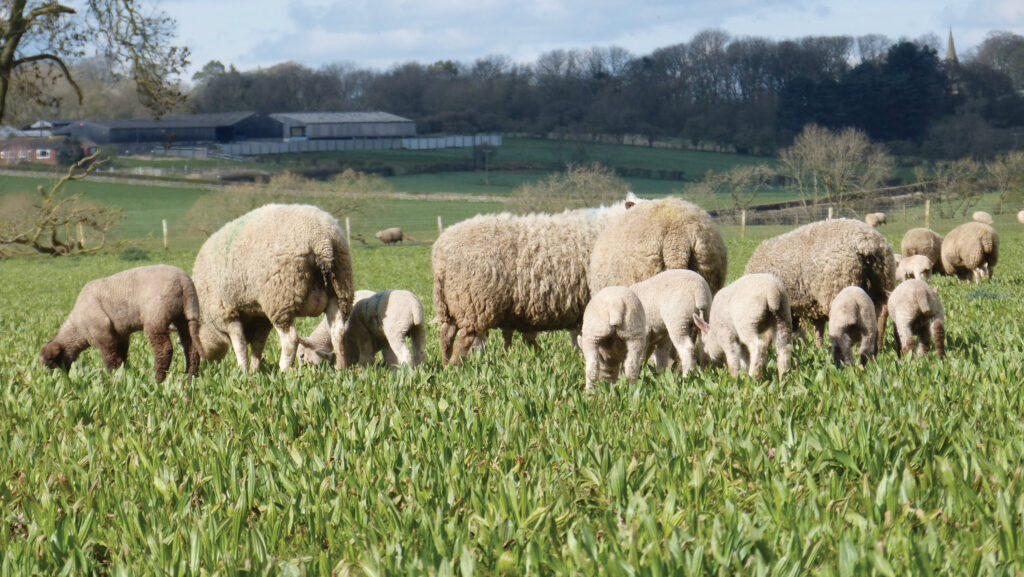Bluetongue restrictions to change in April as new cases emerge
 © MAG/Michael Priestley
© MAG/Michael Priestley Tougher bluetongue movement restrictions for livestock are due to be reintroduced from 23 April by the Animal and Plant Health Agency (Apha).
The UK is presently in a seasonally vector low period, which means midge activity is lower due to the colder temperatures and therefore bluetongue is less prevalent.
However, the midges that spread the disease will become more active as temperatures rise during spring.
See also: Bluetongue virus: What to look out for and how to manage it
Five new cases of bluetongue were confirmed on GB farms in the past week, with cases in Cambridgeshire, Hampshire and Yorkshire.
This brings the total number of cases for the 2024-25 vector season to 254, of which 15 have been from outside the present bluetongue zone, which covers the eastern half of England.
Pre-movement testing exemptions are in place until 23 April for livestock being moved out of the bluetongue restricted zone.
The exemptions mean non-breeding animals over the age of 60 days do not need to be tested before being moved out of the restricted zone.
However, Apha has warned that these exemptions could be lifted earlier if the risk of transmission increases.
Farm businesses must still apply for a specific movement licence to move animals out of the restricted zone.
NFU advice
The NFU says farmers are urged to move animals within the zone only where absolutely necessary.
Defra guidance states that during the seasonally vector low period, farmers must obtain a specific licence to move animals from premises in a restricted zone to a market anywhere in Great Britain.
The government website has further guidance on movement restrictions.
